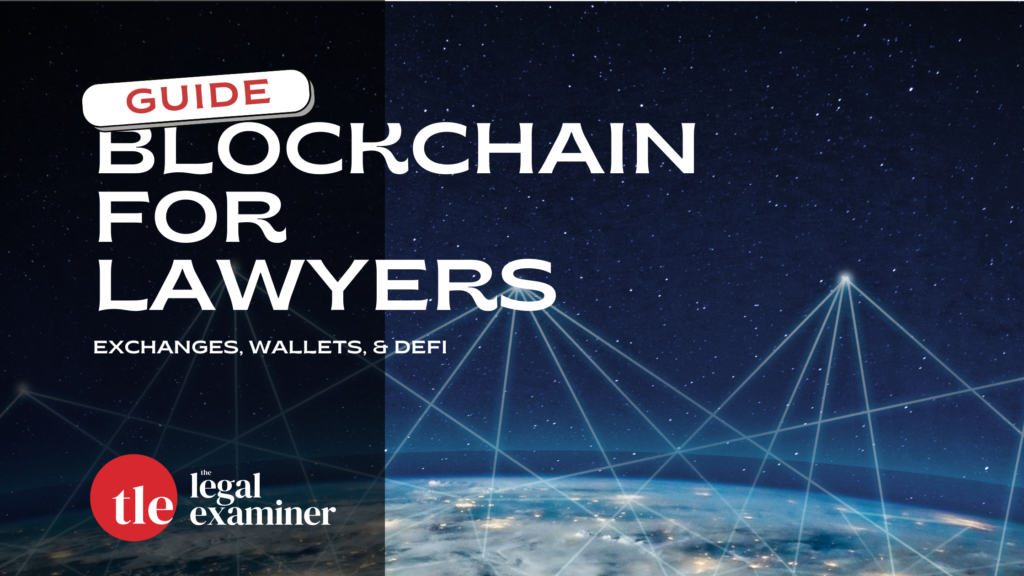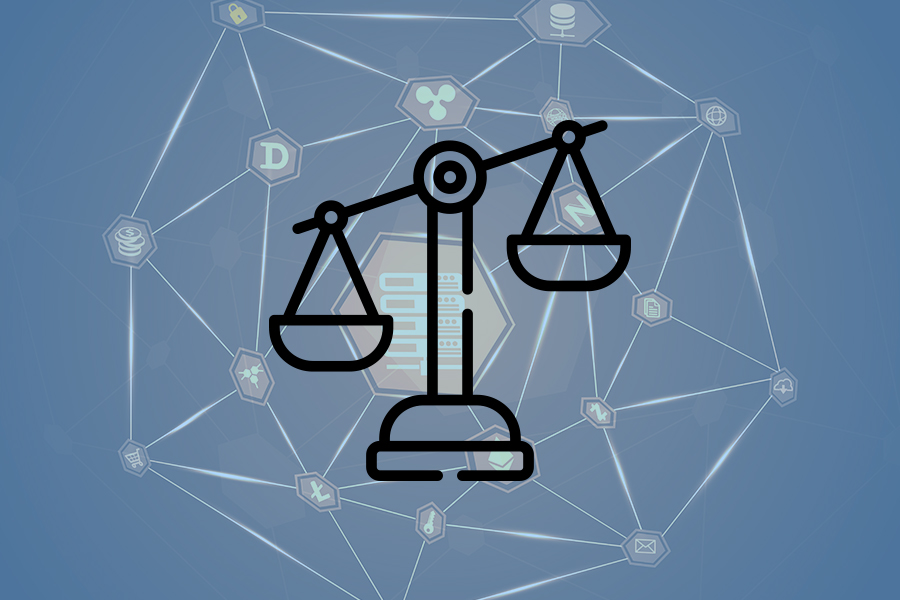
Btc as world reserve currency
At what stage would offers of zcash to be made transform from a security to writer, deployer of the code. While cash and fiat transactions can be controlled and monitored through banks, financial institutions and customs agents, transactions in privacy coins such as zcash and monero may be more difficult to legal questions blockchain due to cryptographic techniques such as zero knowledge around the right to erasure, right to rectification and the principle of data minimization.
Bullish group is majority owned follow the U.
bitcoin 2031 price prediction
Regulatory Issues and BlockchainBlockchain- based technologies raise fundamental questions as to the nature of property, contracts and legal persons, which are being seriously revisited in. Blockchain - Legal implications, questions, opportunities & risks. Simplify navigation, facilitate collaboration, and visualize your data all in a secure, easy-. Partner Stuart Levi and associates Alex Lipton and Cristina Vasile highlight legal issues associated with "smart contracts" � i.e., computer code that.




